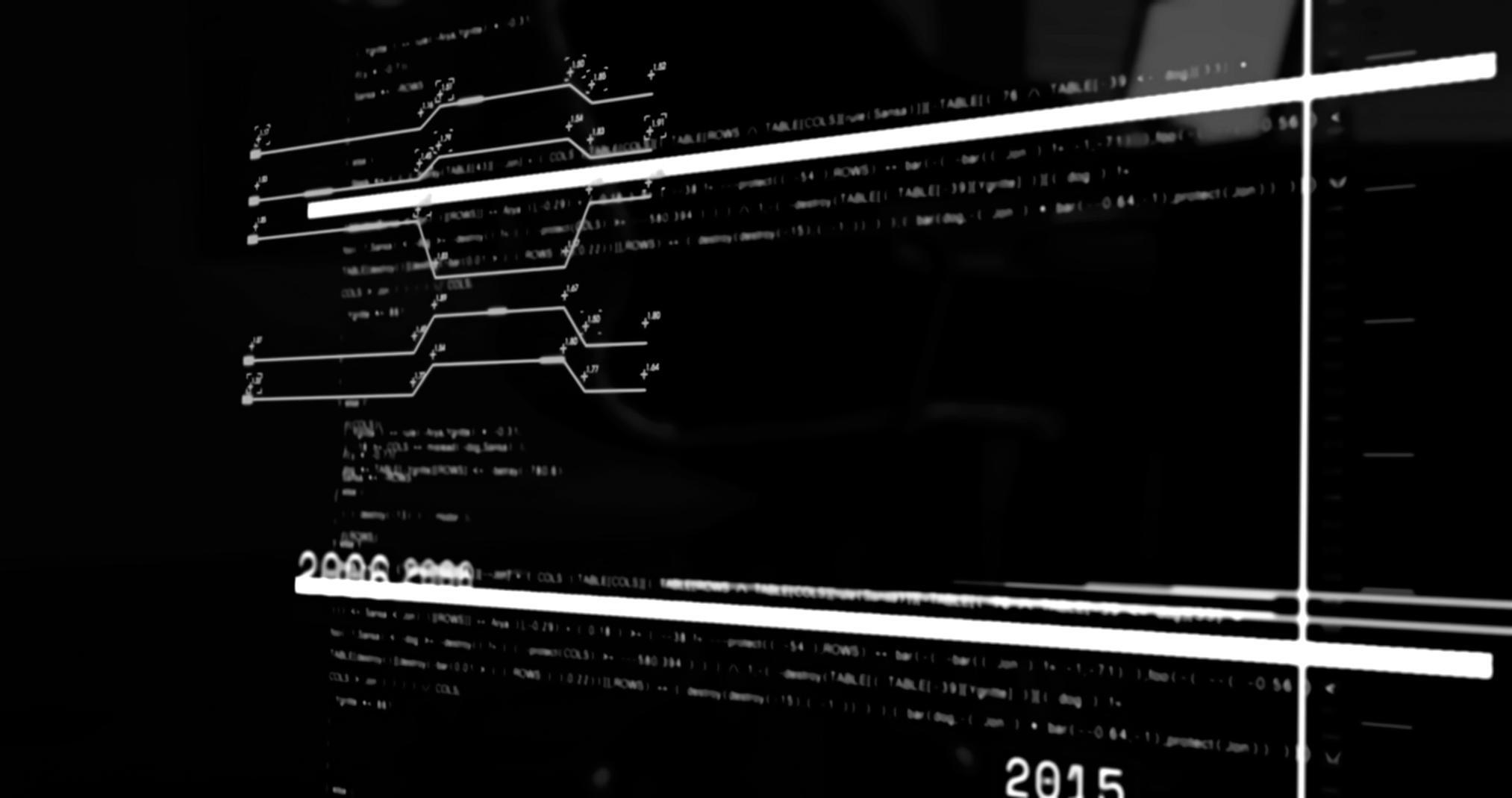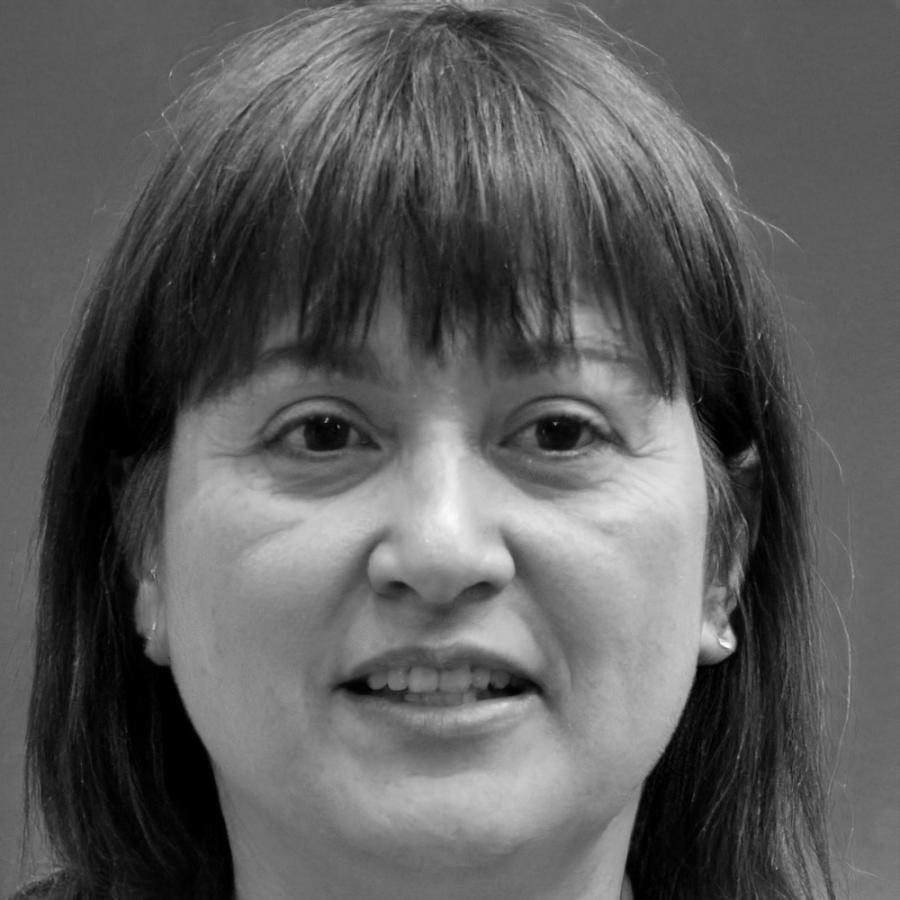Learning Through Creation
Our teaching approach focuses on practical application and creative problem-solving. Students learn by building actual game projects while receiving personalized guidance from industry professionals.
Explore Our ProgramProject-Based Learning Philosophy
- Real-World Projects Students work on actual game prototypes from day one, building portfolio pieces that demonstrate practical skills to future employers.
- Iterative Feedback Cycles Regular one-on-one reviews help students refine their work and develop critical thinking about design decisions.
- Collaborative Development Team-based projects mirror professional game development environments, teaching communication and workflow management.
- Technical Foundation Building Core programming and 3D modeling concepts are taught through practical application rather than theoretical lectures.

Progressive Skill Development
Our curriculum builds expertise through carefully structured phases, each introducing new concepts while reinforcing previous learning through practical application.
Foundation & Tools
Students begin with 3D modeling basics, learning industry-standard software while creating simple game assets. This phase emphasizes understanding spatial relationships and basic design principles.
Interactive Systems
Introduction to game logic and player interaction through visual scripting and basic programming concepts. Students create functional prototypes with simple gameplay mechanics.
Advanced Integration
Complex project development combining visual design, programming logic, and user experience considerations. Students work on substantial projects requiring multiple skill areas.

Damjan Kovač
Lead Instructor

Tanja Novak
Peer Mentor
Our Teaching Approach
We believe learning happens best when students face interesting challenges and have support to work through them. Rather than following rigid tutorials, our students tackle open-ended problems that require creative solutions.
Each student brings different strengths and interests. Some excel at visual design, others at technical problem-solving. We help everyone find their particular talents while ensuring solid fundamentals across all essential areas.
12-Month Learning Journey
Our comprehensive program takes students from complete beginners to job-ready game developers through structured learning phases and extensive project work.
Months 1-3: Foundation
3D modeling fundamentals, basic game engine navigation, simple asset creation, and introduction to game development workflows.
Months 4-6: Interactive Design
Visual scripting, game mechanics implementation, user interface design, and first playable prototypes with basic functionality.
Months 7-9: Advanced Projects
Complex game systems, team collaboration projects, advanced 3D techniques, and introduction to programming concepts for enhanced functionality.
Months 10-12: Portfolio Development
Capstone project development, portfolio refinement, industry networking preparation, and career guidance for entering the game development field.
Ready to Start Your Game Development Journey?
Our next cohort begins in September 2025, with applications opening in early spring. The program runs for twelve months with both evening and weekend scheduling options available to accommodate different lifestyles.
Class size is limited to 16 students to ensure personalized attention and effective project collaboration. We encourage early application as spots fill quickly.